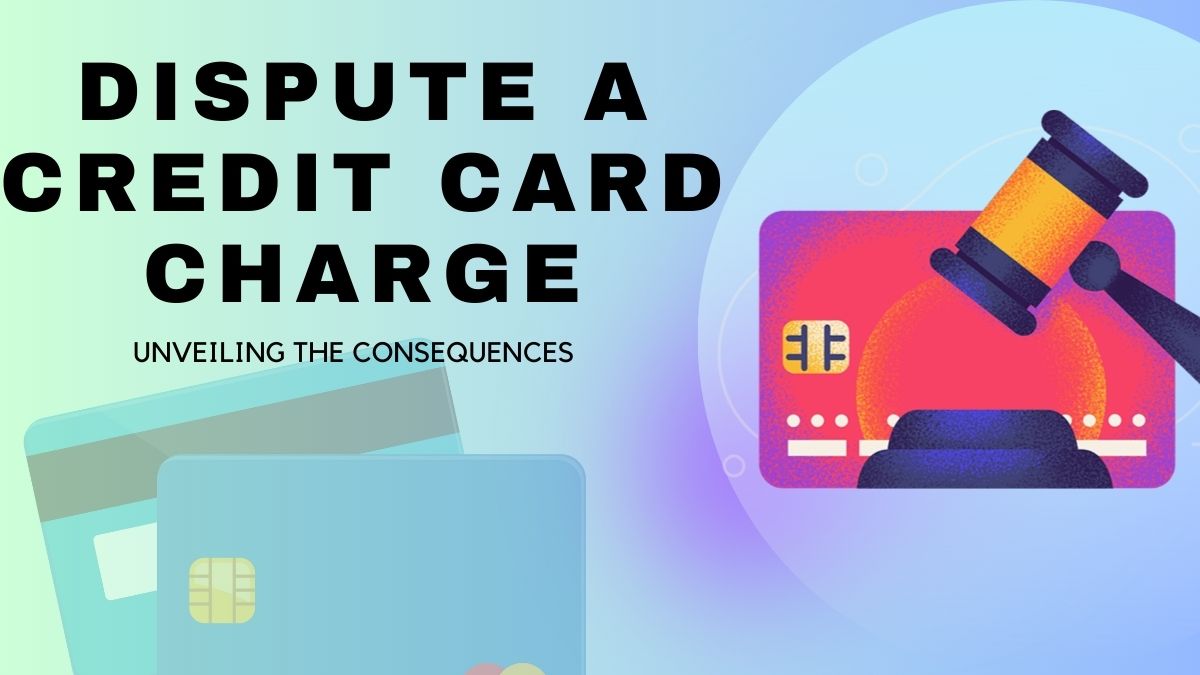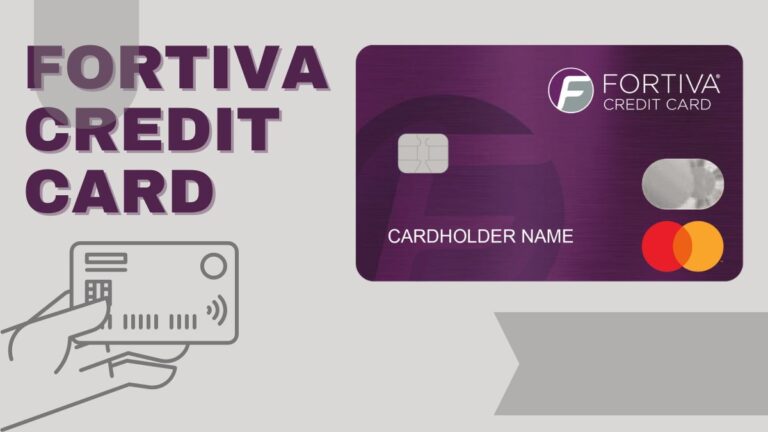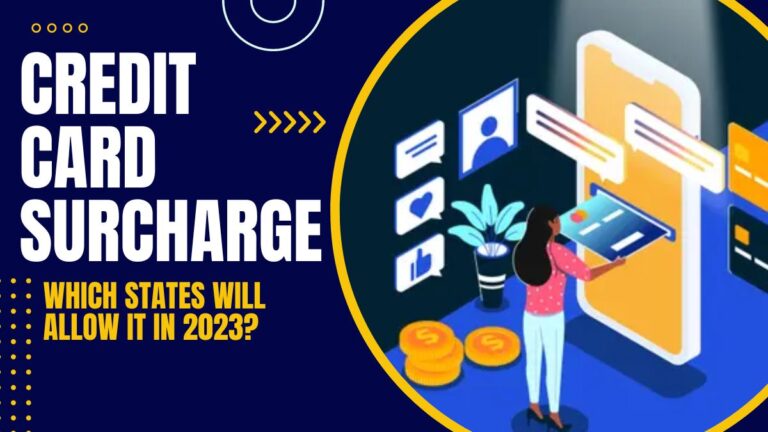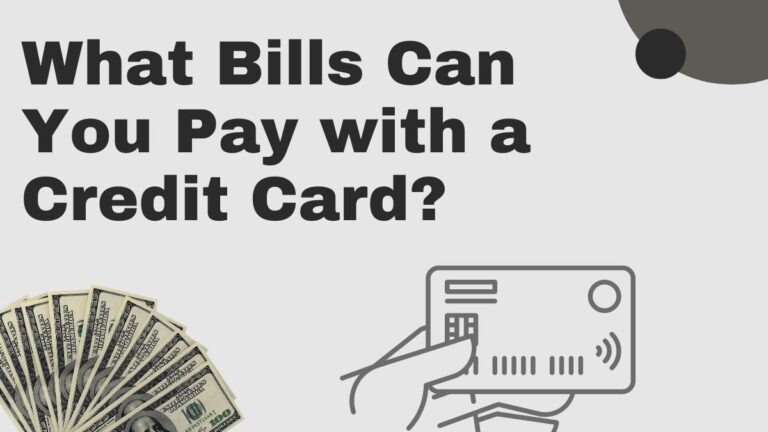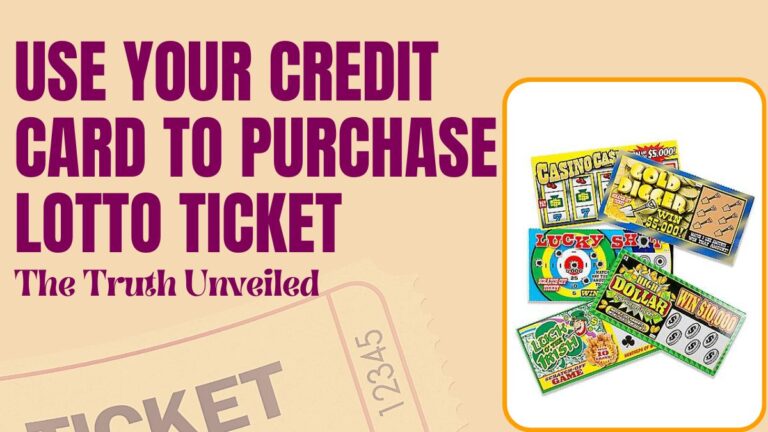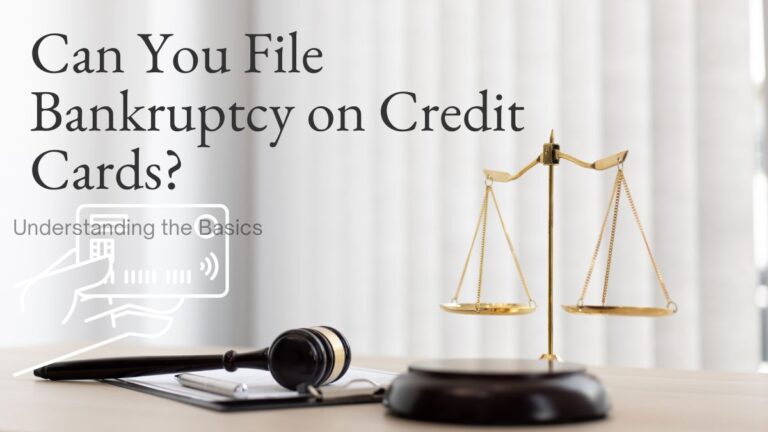What Happens If You Falsely Dispute A Credit Card Charge? Unveiling the Consequences
Are you tired of sifting through your credit card statements, only to find mysterious charges that don’t seem familiar? It’s an unsettling feeling and one that many of us can relate to. But what happens when you take matters into your own hands and falsely dispute a credit card charge?
Buckle up as we uncover the hidden consequences of this seemingly innocent action. From potential legal troubles to damaging your credit score, there’s much more at stake than meets the eye. So, before you consider taking that leap, let’s dive headfirst into the murky waters of false charge disputes and discover what lies beneath.
Table of Contents
What is a False Dispute?
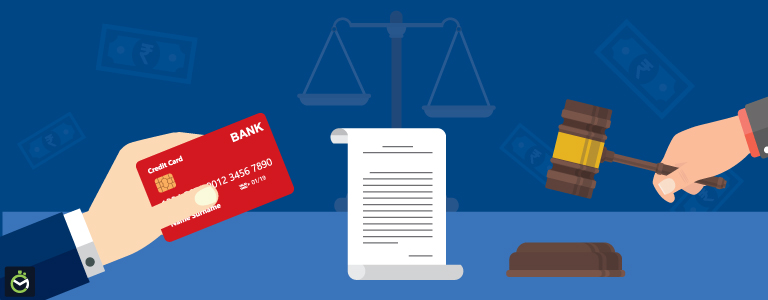
If you falsely dispute a credit card charge, you may be subject to several consequences.
- If the credit card company finds that you made a false dispute, they may close your account.
- You may be responsible for any charges incurred as a result of the false dispute, including any fees charged by the credit card company.
- You may be liable for damages if the credit card company sues you for making a false dispute.
If you are found to have knowingly made a false dispute, you may be subject to criminal charges.
Why People Falsely Dispute A Credit Card Charge?
There are several reasons people may falsely dispute a credit card charge. Maybe they were misled by the merchant, maybe they didn’t receive the product or service they were promised, or maybe they’re just trying to get out of paying for something they don’t want to pay for. Whatever the reason, disputing a credit card charge is a serious matter with real consequences.
If you falsely dispute a credit card charge, the first consequence is that you will be liable for any fees the merchant incurs as a result of your dispute. These fees can include things like chargeback fees, which are typically around $25-35 per instance. Additionally, if the merchant prevails in the dispute, you may also be responsible for their attorneys’ fees and any other costs associated with defending against your false claim.
Of course, even if you end up having to pay these fees, it’s still cheaper than if you had just paid the original bill. However, there’s another potential consequence that’s much more serious: getting blacklisted by the merchant. If a merchant gets too many disputes from a particular customer, they may decide to blacklist that customer and refuse to do business with them in the future. This can have a major impact on your ability to shop at certain stores or online retailers in the future.
So while disputing a credit card charge may seem like an easy way to get out of paying for something you don’t want to pay for, it’s important to remember that there are real consequences if you falsely dispute a charge.
Whether it’s paying fines and fees or getting blacklisted by the merchant, it’s generally much better to try and resolve any disputes or issues directly with the merchant before filing a dispute with your credit card company–it may save you money and prevent future headaches down the line.
The Consequences of Falsely Dispute a Credit Card Charge
If you dispute a charge on your credit card and the issuer finds that you made the purchase, you may be charged a fee for filing a false dispute. Additionally, the merchant may report the incident to the credit reporting agencies, which could harm your credit score. If you have a history of disputed charges, your credit card issuer may close your account or limit your credit line.
Filing multiple false disputes may also result in legal action, including civil suits or criminal proceedings.
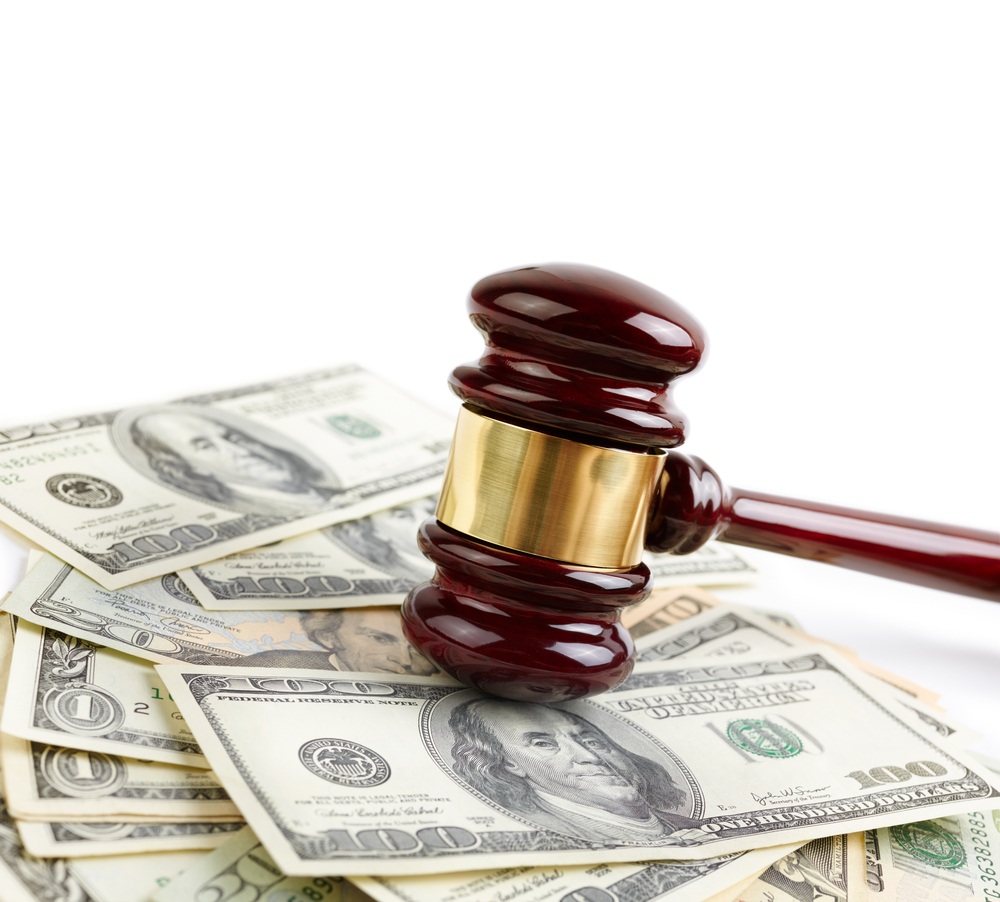
Options to Resolve the Situation Without Legal Consequences
There are a few options to resolve the situation without legal consequences. You can try to work it out with the merchant first. If that doesn’t work, you can file a complaint with your credit card issuer. You can file a complaint with the Consumer Financial Protection Bureau (CFPB).
Another option is to complain to the Better Business Bureau (BBB). The BBB is there to make sure that businesses are fair and that consumers get fair treatment. You can also contact your state’s attorney general’s office. They may be able to help you resolve the issue without resorting to legal action.
Finally, you can speak with a consumer law attorney or a financial adviser for advice on how best to proceed in any situation where you feel like you have been wronged.
Alternatives to Avoiding Potentially Fraudulent Charges
There are a few things you can do to avoid potential fraud charges when disputing a credit card charge.
- Make sure you have all the facts about the charge in question. If you don’t know what the charge is for, call the merchant and ask.
- If you’re not sure whether or not a charge is fraudulent, ask your credit card issuer for help.
- They may be able to provide more information about the charge or help you dispute it.
- If you do decide to dispute a charge, make sure you understand the process and what could happen if the dispute is found to be frivolous.
Conclusion
All in all, it is important to know that disputing a credit card charge without proper justification can have one or more of the following consequences. Not only will you be damaging your overall reputation with the issuer of your credit card but you may also incur financial penalties such as late fees and increased interest rates on future charges.
Additionally, depending on the severity of the dispute, you may even have legal repercussions for falsely or fraudulently disputing a valid charge. Therefore, it is recommended that before disputing any charge you contact either the merchant directly or review your documents closely to ensure accuracy and avoid any potential negative consequences.
